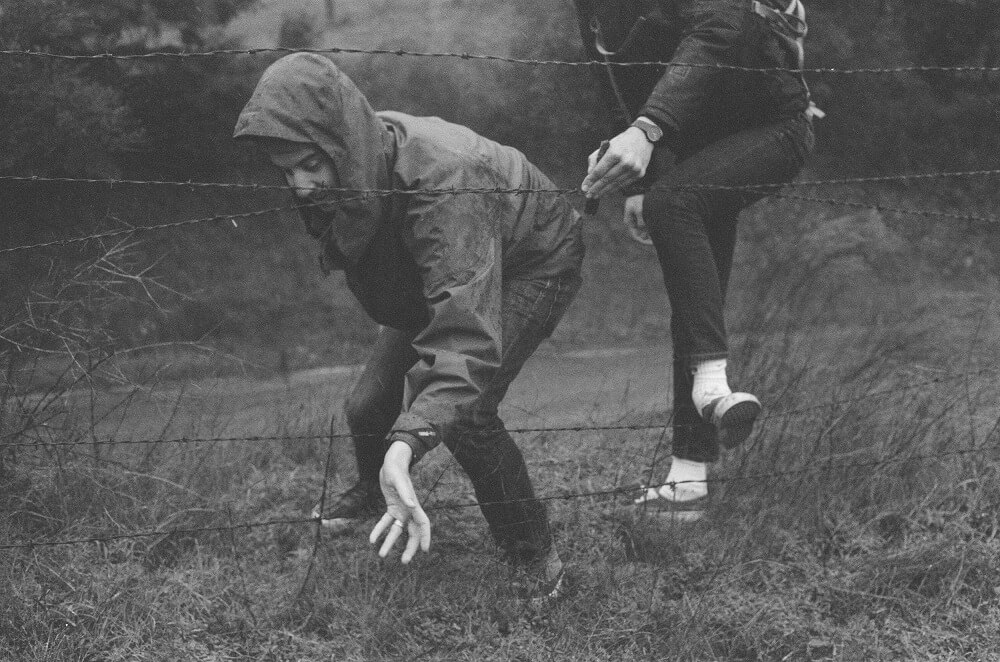What is anxiety?
Anxiety is a natural state that every human body feels around a threat.
We all occasionally encounter a general state of concern or fear before an event we consider important:
- an exam,
- an interview,
- a project presentation and so on.
These feelings are easily justified and considered normal.
Anxiety is a problem when symptoms interfere with a person’s ability to sleep or to function. In general, anxiety occurs when a person’s reaction is exaggerated and completely disproportionate – it expects the result to be negative when, in fact, everything is much more menial.
The symptoms of anxiety

Physically speaking, anxiety is announced by:
- respiratory disorders
- excessive sweating
- irritability
- palpitations
- concentration problems
- sleep disorders
Concern can be helpful when it stimulates you to take action and solve problems. But if you start thinking about “what if” or making scenarios, worrying becomes a problem. Doubts and fears can become paralyzers. This way you consume all your energy and raise your anxiety at a maximum level.
It is difficult to quit worrying

Constant concern reaches in time to affect your everyday life. Lack of sleep and sleepless nights will cause you a state of tension.
For those who are chronically concerned about anxious thoughts are fed by both positive and negative beliefs. Positive beliefs make you think that worries help you avoid troubles and prevent problems. On the other hand, negative beliefs make you think that constant concern is harmful and that it will affect your mental health. You’re afraid you’ll lose control of your own worries.
How can you avoid anxiety?
1. Put your body on the move
Release one hour a day from your program and try to disconnect from the daily routine. Good ways to adjust your problems with sleep and respiration are:
- gymnastics,
- jogging,
- swimming
- fitness.
2. Make a change across the environment where you do daily activities
Surround yourself with optimistic people, cheer up your home/office/car by adding fireworks (paintings, flowers, other decorative objects). You can keep a journal in which you can write a few days, about the evolution of your condition.
3. Avoid consumption of sugar, alcohol, and caffeine
Sugar feeds you with energy, but after very little time it makes you go from well into a physical fad.
Alcohol is a false solution for anxiety. A considerable proportion of those affected by this condition are using the treatment. It goes without saying that the results are not some good ones.
Caffeine can worsen sleep disorders. Secondly, it is already known that this substance contributes to dehydration. And when you feel overwhelmed, try to relax.
There are many ways of relaxation that you can call. Whether we talk about music, whether it comes to massage and even if we stick to a jasmine tea, the relaxation program should not be neglected. But one of the best tips you can get when it comes to anxiety is to get some rest while you feel like you need it. Anxiety absorbs your energy.
The seven to eight hours of sleep should be mandatory, especially for people who experience symptoms of anxiety. Equally important, do not worry if you have not slept enough one evening – you can operate the next day smoothly and nothing will dramatically happen.
